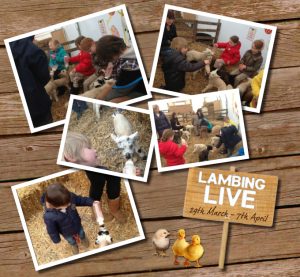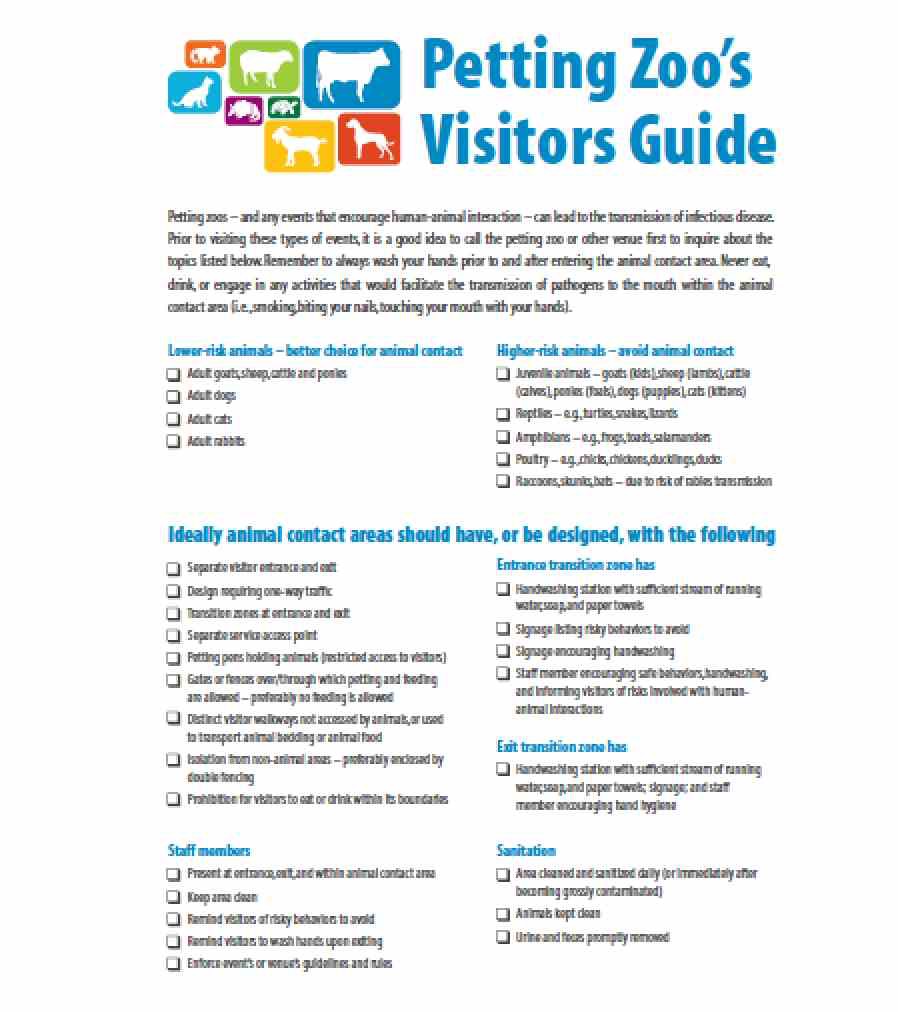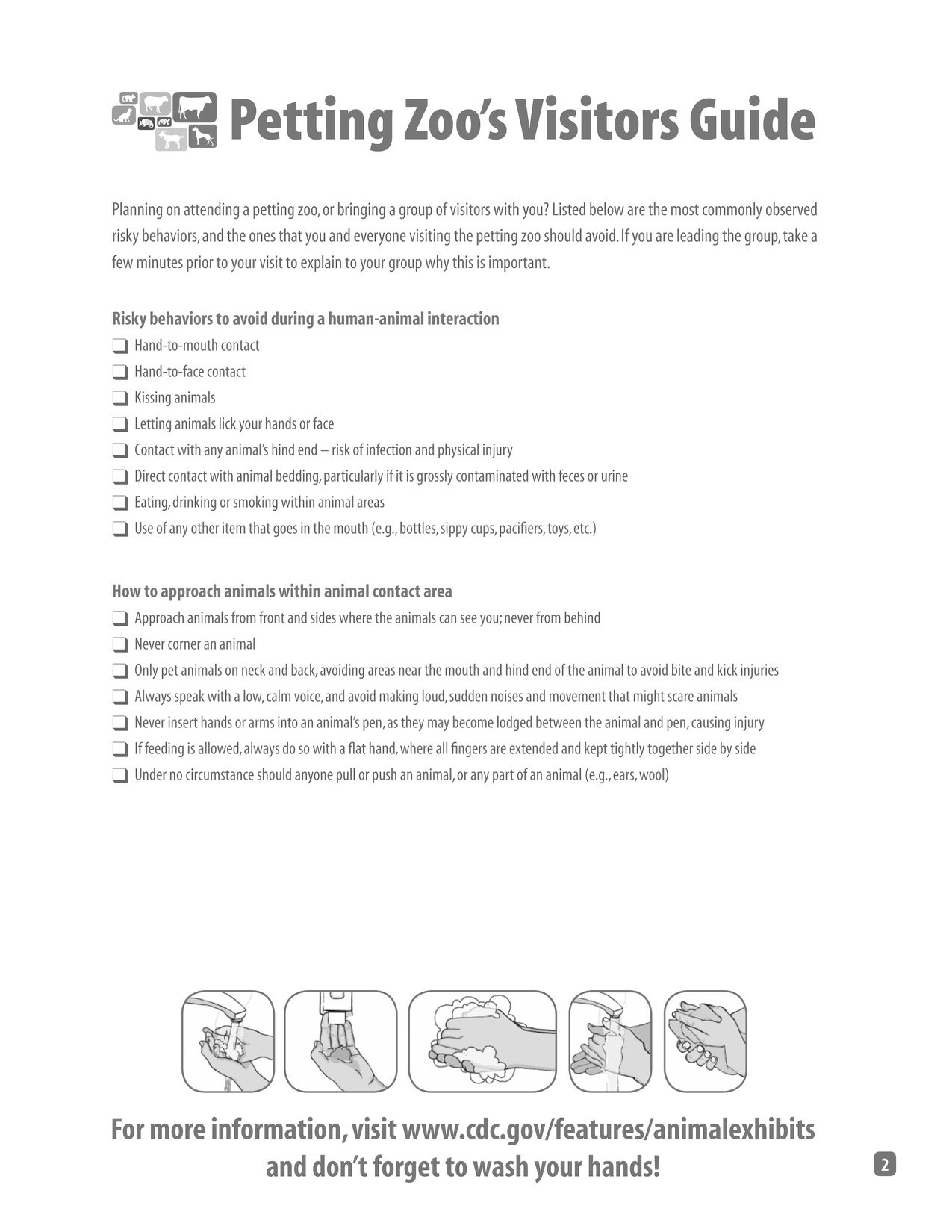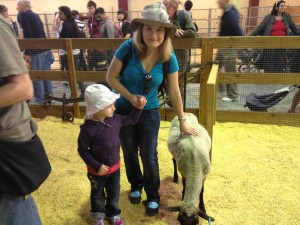Objective: Toxoplasmosis may follow consumption of undercooked meat containing Toxoplasma gondii cysts. Lamb is considered to pose the highest risk for contamination across meats. Red meat is often served undercooked, yet there are no current data on T. gondii contamination of Australian sourced and retailed lamb. We sought to address this gap in public health knowledge.
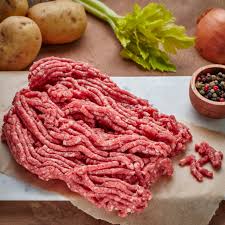 Methods: Lamb mincemeat was purchased at the supermarket counter three times weekly for six months. T. gondii was detected by real‐time polymerase chain reaction (PCR) of DNA extracted from the meat following homogenisation. Purchases were also tested for common foodborne bacterial pathogens.
Methods: Lamb mincemeat was purchased at the supermarket counter three times weekly for six months. T. gondii was detected by real‐time polymerase chain reaction (PCR) of DNA extracted from the meat following homogenisation. Purchases were also tested for common foodborne bacterial pathogens.
Results: Conservative interpretation of PCR testing (i.e. parasite DNA detected in three of four tests) gave a probability of 43% (95% confidence interval, 32%–54%) that lamb mincemeat was contaminated with T. gondii. None of the purchases were contaminated with Campylobacter jejuni, Salmonella species or S. enterica serovar Typhimurium, indicating sanitary meat processing.
Conclusions: Australian lamb is commonly contaminated with T. gondii. Future studies should be directed at testing a range of red meats and meat cuts.
Implications for public health: Consuming undercooked Australian lamb has potential to result in toxoplasmosis. There may be value in health education around this risk.
Lamb as a potential source of toxoplasma gondii infection for Australians
December 2019
Australian and New Zealand Journal of Public Health
Abby C. Dawson, Liam M. Ashander, Binoy Appukuttan, Richard J. Woodman, Jitender P. Dubey, Harriet Whiley, Justine R. Smith
https://doi.org/10.1111/1753-6405.12955
https://onlinelibrary.wiley.com/doi/full/10.1111/1753-6405.12955




